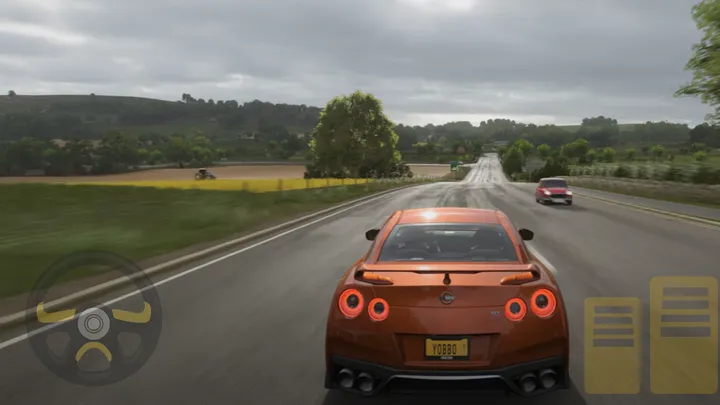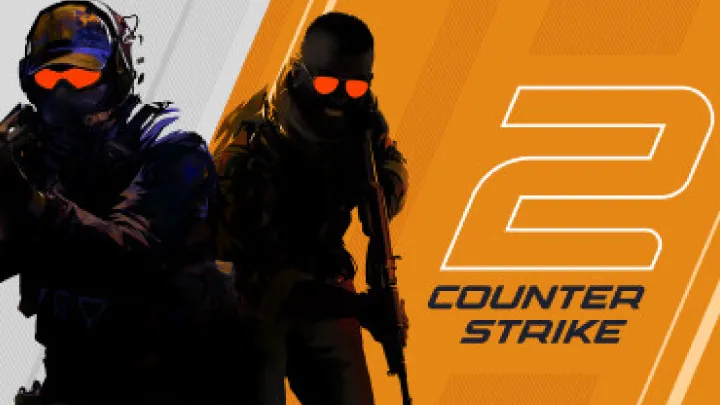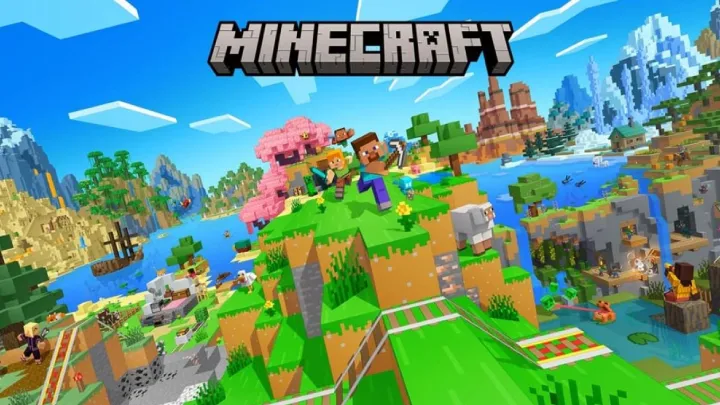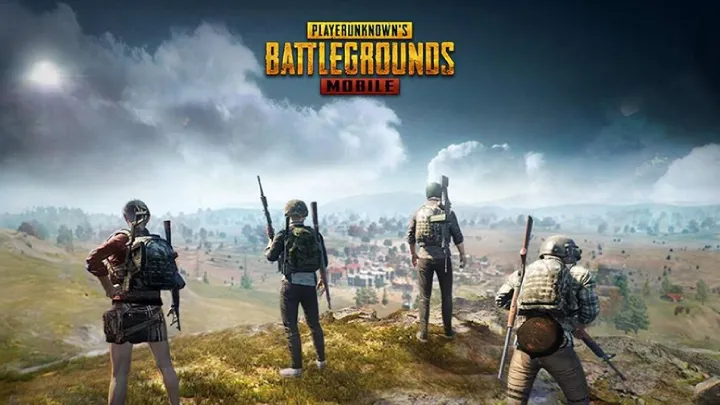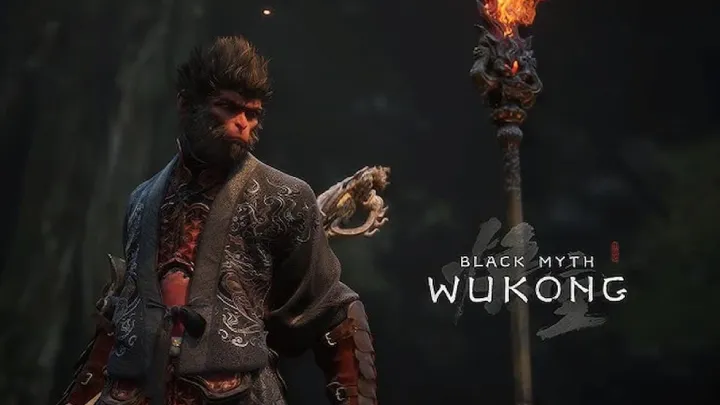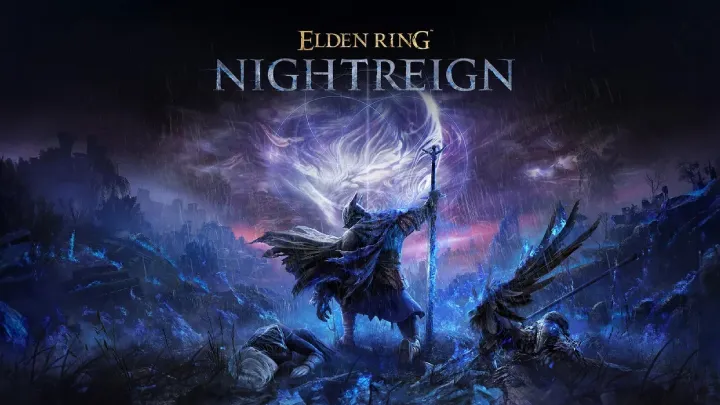Apex Legends is a fast-paced battle royale game that combines unique character abilities, strategic gameplay, and team coordination. Players drop into a dynamic map in squads, search for weapons and resources, and fight to be the last team standing. Mastering Apex Legends requires understanding legend abilities, movement mechanics, weapon handling, map knowledge, positioning, and teamwork.
This guide provides a detailed approach to mastering Apex Legends. It covers legend selection, landing strategies, looting, movement, combat mechanics, squad coordination, map rotations, endgame strategies, ranked play, and continuous improvement. Following this guide will help players survive longer, secure more wins, and enjoy the full depth of Apex Legends gameplay.
Choosing the Right Legend

Each legend has unique abilities that shape gameplay. Offensive legends like Wraith or Bangalore excel at initiating fights, while defensive legends like Gibraltar or Wattson can protect squads. Support legends like Lifeline provide healing and utility.
Consider your playstyle when selecting a legend. Aggressive players may prefer high mobility and damage-focused legends, while strategic players benefit from crowd control or defensive abilities. Understanding your legend’s kit is essential for success in combat.
Team composition also matters. A balanced squad with offensive, defensive, and support roles increases chances of victory. Coordinate with teammates to maximize synergy and create opportunities during engagements.
Landing Strategies and Early Game Looting
Choosing the right landing spot is crucial for early-game success. High-tier loot zones offer powerful weapons and armor but attract many squads, increasing the risk of early encounters.
Safer locations provide slower starts but allow consistent looting and preparation. Evaluate your squad’s strategy before choosing a landing area to balance risk and reward.
Efficient early-game looting ensures survival and combat readiness. Prioritize weapons, shields, healing items, grenades, and attachments. Organize inventory quickly to respond to unexpected engagements immediately after landing.
Movement and Map Navigation
Movement is a key component of Apex Legends. Sliding, climbing, wall running, and zipline usage allow players to traverse the map efficiently and evade enemies.
Map knowledge is critical. Learn high ground locations, loot zones, choke points, and rotation paths. Knowing the map improves positioning, escape routes, and ambush opportunities.
Effective navigation combines movement skills and situational awareness. Move strategically to control fights, support teammates, and maintain safety while traversing open areas.
Weapon Selection and Combat Mechanics
Apex Legends features a wide variety of weapons with unique mechanics. Shotguns excel in close combat, assault rifles are versatile, and sniper rifles dominate long-range engagements.
Understand recoil patterns, firing rates, reload times, and attachments. Efficient weapon handling ensures better performance in combat. Switch weapons based on engagement distance and tactical needs.
Abilities and ultimate skills complement weapons. Timing your abilities with gunplay enhances survivability and increases damage output. Practice combining attacks, abilities, and positioning for maximum efficiency in fights.
Squad Coordination and Communication
Teamwork is essential in Apex Legends. Effective communication with voice chat or pings improves coordination, situational awareness, and strategic decision-making.
Share resources like shields, ammo, and healing items to maintain squad readiness. Revive downed teammates strategically and protect them during fights.
Coordinate ultimate abilities for maximum impact. Combining defensive and offensive skills with team positioning often determines the outcome of engagements and overall match success.
Mid-Game Rotations and Positioning
As the match progresses, rotate strategically to maintain advantages while avoiding unnecessary conflicts. Consider the shrinking ring, squad positioning, and enemy locations.
High ground and cover provide tactical advantages during rotations. Move through terrain intelligently to avoid ambushes while scouting opportunities for third-party engagements.
Positioning is critical for both offensive and defensive strategies. Avoid exposing your squad in open areas, use buildings and terrain for cover, and anticipate enemy movement to secure positional dominance.
Endgame Strategy and Ring Management

The final circles test skill, positioning, and teamwork. Efficient use of abilities, weapons, and items is crucial in these high-pressure situations.
Ring management involves moving early to safe zones, avoiding unnecessary damage, and controlling strategic locations. Squads with better positioning have significant advantages.
Coordinate team plays with careful timing. Use high ground, ultimates, and traps to control fights. Bait opponents, force mistakes, and capitalize on opportunities to secure the win.
Ranked Play and Competitive Improvement
Ranked mode requires strategic thinking, consistency, and adaptability. Focus on champion mastery, positioning, rotations, and teamwork to climb the ranks efficiently.
Analyze matches to identify mistakes such as poor positioning, ineffective ability usage, or bad rotations. Incremental improvements lead to higher performance and more consistent victories.
Study professional gameplay, adapt to meta changes, and practice movement and combat skills. Continuous learning and adaptability are essential for high-level Apex Legends success.
Continuous Practice and Skill Development
Mastery of Apex Legends comes with consistent practice. Improve aim, movement, ability timing, and decision-making under pressure.
Experiment with different legends, weapons, and strategies to expand versatility. Adapt your gameplay to various squad compositions, map areas, and opponent playstyles.
Regular practice, review of past matches, and learning from mistakes lead to incremental improvements. Players who refine all aspects of gameplay excel in both casual and competitive matches.
Conclusion
Apex Legends is a dynamic battle royale game that rewards skill, strategy, and teamwork. Mastery requires understanding legends, movement, weapon mechanics, combat, squad coordination, rotations, endgame strategies, ranked play, and continuous practice. Following this guide equips players to survive longer, secure victories, and enjoy the full competitive depth of Apex Legends.
Summary
Complete how to guide for Apex Legends covering legends, landing, movement, combat, team play, rotations, endgame, ranked strategies, and continuous skill improvement.



